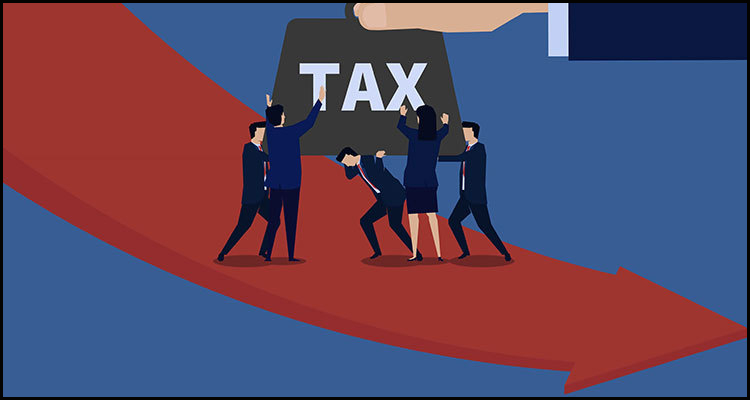The government of the Philippines has reportedly shut down one of the nation’s largest offshore-facing online gambling operators over allegations that the firm has been failing to pay the appropriate amount of value-added tax (VAT).
According to a report from GGRAsia citing an earlier story from the state-run Philippine News Agency, the shuttering of Great Empire Gaming and Amusement Corporation was coordinated by the Bureau of Internal Revenue (BIR) on Wednesday and has led to as many as 8,000 people being immediately put out of work.
Registration revelations:
Arnel Guballa, Deputy Commissioner for the BIR, reportedly detailed that the offending operator holds a Philippine Offshore Gaming Operator (POGO) license but was found to be derelict when it came to paying VAT outside of its Subic Bay Freeport Zone home. He purportedly also alleged that the iGaming firm’s offices in Paranaque City and Quezon City had not been registered for the purposes of paying tax and that it will now be required to ‘settle its unpaid duties’ before being allowed to recommence operations.
Guballa reportedly stated…
“The period that we have given them to comply has lapsed so we have no recourse but to close their operations.”
Duty delinquents:
GGRAsia reported that the move makes good on a pledge  issued earlier this month by the Finance Secretary for the Philippines, Carlos Dominguez III, that his office would be seeking to immediately close any POGO-licensed enterprises that were found to be in tax arrears. This purportedly came following the publication of an official investigation that showed the nation of almost 101 million people had recently issued some 130 notices related to iGaming tax liabilities worth slightly over $413.6 million.
issued earlier this month by the Finance Secretary for the Philippines, Carlos Dominguez III, that his office would be seeking to immediately close any POGO-licensed enterprises that were found to be in tax arrears. This purportedly came following the publication of an official investigation that showed the nation of almost 101 million people had recently issued some 130 notices related to iGaming tax liabilities worth slightly over $413.6 million.
Tax windfall:
The Philippine Amusement and Gaming Corporation (PAGCor) regulator had issued some 60 POGO licenses before the implementation late last month of a temporary freeze on the processing of such certifications. GGRAsia reported that these enterprises had paid approximately $3.8 million in aggregated August income taxes while the authorization process itself had earned the Philippines a combined tally of about $26.8 million.



